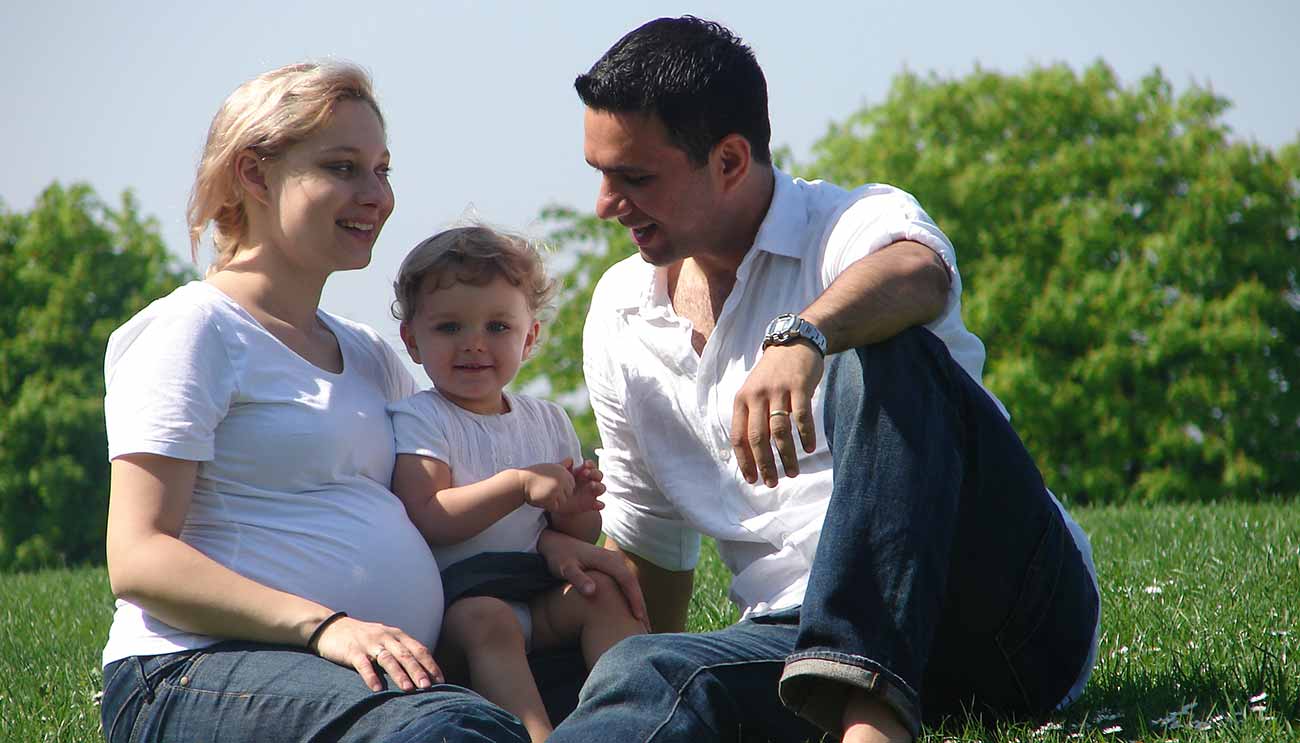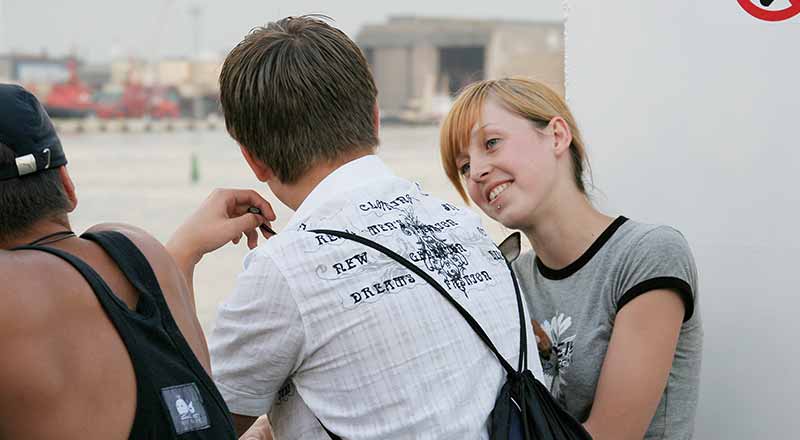Frequently Asked Questions About Substance Abuse
YOU ARE HERE: RESOURCES → WHAT IS DRUG ABUSE/ADDICTION → UNDERSTANDING DRUG ABUSE/ADDICTION → PRINCIPLES OF EFFECTIVE TREATMENT → ADDICTION ONLINE RESOURCES → FAQ

What is chemical dependency?
Chemical dependency is a disease that affects one in 10 people. It's an illness that, if left untreated, can be fatal. The symptoms of chemical dependency include an inability to stop drinking or using alcohol or other drugs despite physical, mental, family, social, financial, legal or other consequences.
Denial is a frequent trait of those suffering from the disease: The chemically dependent person is often the last to realize and admit that he or she needs help. For that reason, family members or others who care about the chemically dependent person often play a key role in helping that person get into treatment.
Is chemical dependency curable?
Chemical dependency cannot be cured. Once a dependent pattern of use is developed, abstinence is the best way to control the disease. Many have tried to disprove this by attempting controlled use of chemicals, with disastrous results.
How does someone talk to a family member who needs treatment but is resistant to the idea?
Although it is never easy, it is important to speak honestly to someone who has a problem with alcohol or other drugs. For tips on how and when to talk to someone you care about, see "What can I say to get him/her to stop?"
What should I look for in a treatment program?
Look for program that has a comprehensive range of services and includes a multidisciplinary staff of chemical dependency counselors, medical and social service professionals. Also, look for a program that has a defined treatment process that includes systematic assessment and a detoxification component followed by distinct treatment, discharge and aftercare plans. Ask how the program is licensed.
Some key questions to ask would include: How long has the program been in place? What is the program philosophy? Does it incorporate principles of Alcoholics Anonymous? Are patients treated with dignity?
What kind of help is available for my family?
Willamette Family is a non-profit public benefit corporation. Our primary function is to provide detoxification, treatment, education, support and other services to individuals recovering from alcohol and drug abuse. We incorporate a variety of treatment techniques in our various programs. Treatment plans and placement are individualized to meet each client’s needs and to assist the family as a whole. Treatment is provided in a loving and caring environment where everyone in the family is involved, so that everyone in the family can find recovery.
We operate facilities in Eugene that provide a full continuum of care for our clients. These include Men's Treatment, Women's Treatment, Outpatient and Aftercare Services, a teen program, and, in addition, we operate our own licensed Child Development Center. Children from birth to age six may live with their mothers at the facility while the mothers are receiving treatment.
What are Al-Anon Family Groups ?
Al-Anon Family Groups are a fellowship of relatives and friends of alcoholics who share their experience, strength and hope in order to solve their common problems. Al-Anon is based upon the concept that alcoholism is a family illness and that changed attitudes can aid recovery. Al-Anon is not allied with any sect, denomination, organization or institution.
There are no dues for membership. Al-Anon has but one purpose: to help families of alcoholics. It does this by practicing the Twelve Steps, by welcoming and giving comfort to families of alcoholics and by giving understanding and encouragement to the alcoholic.









